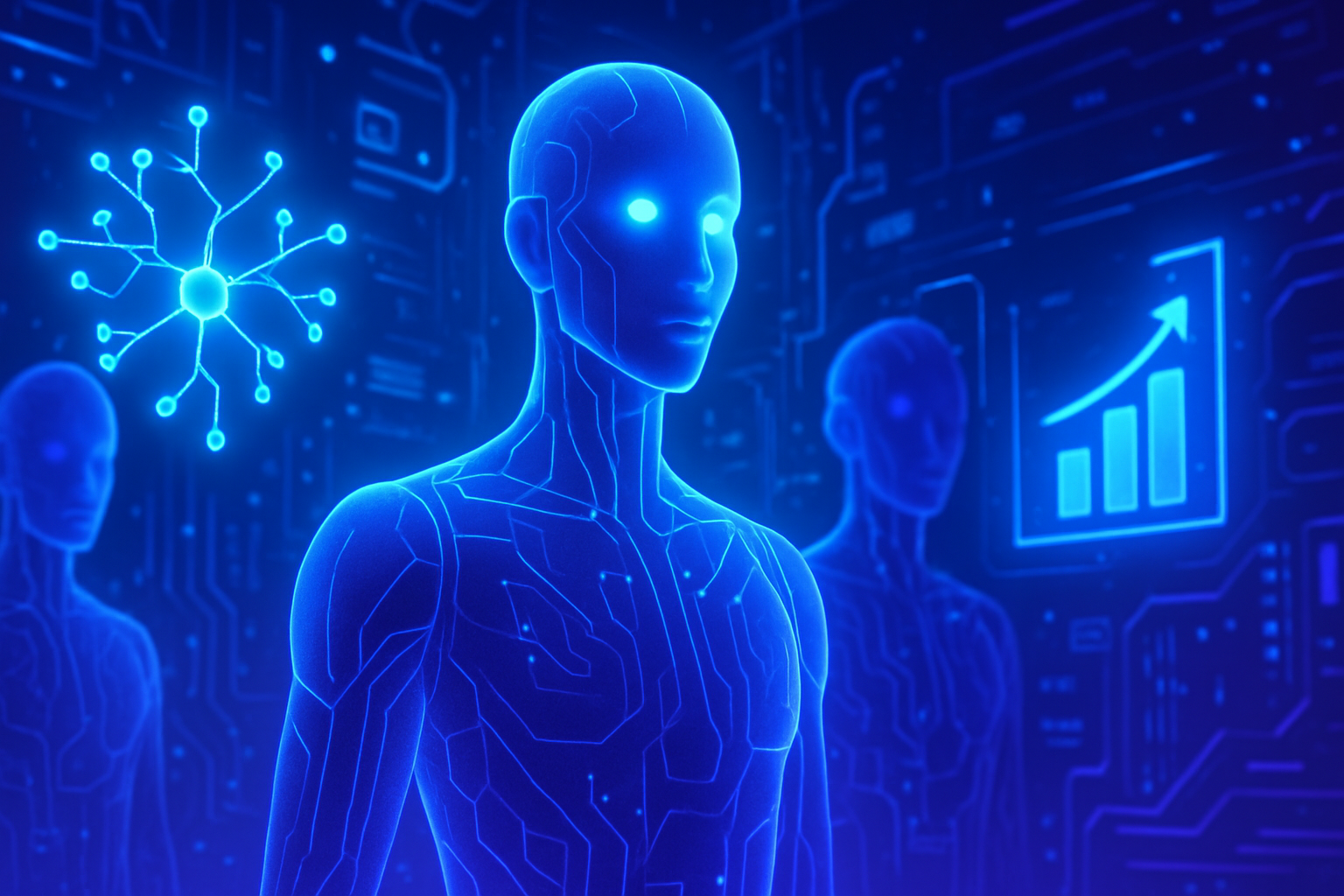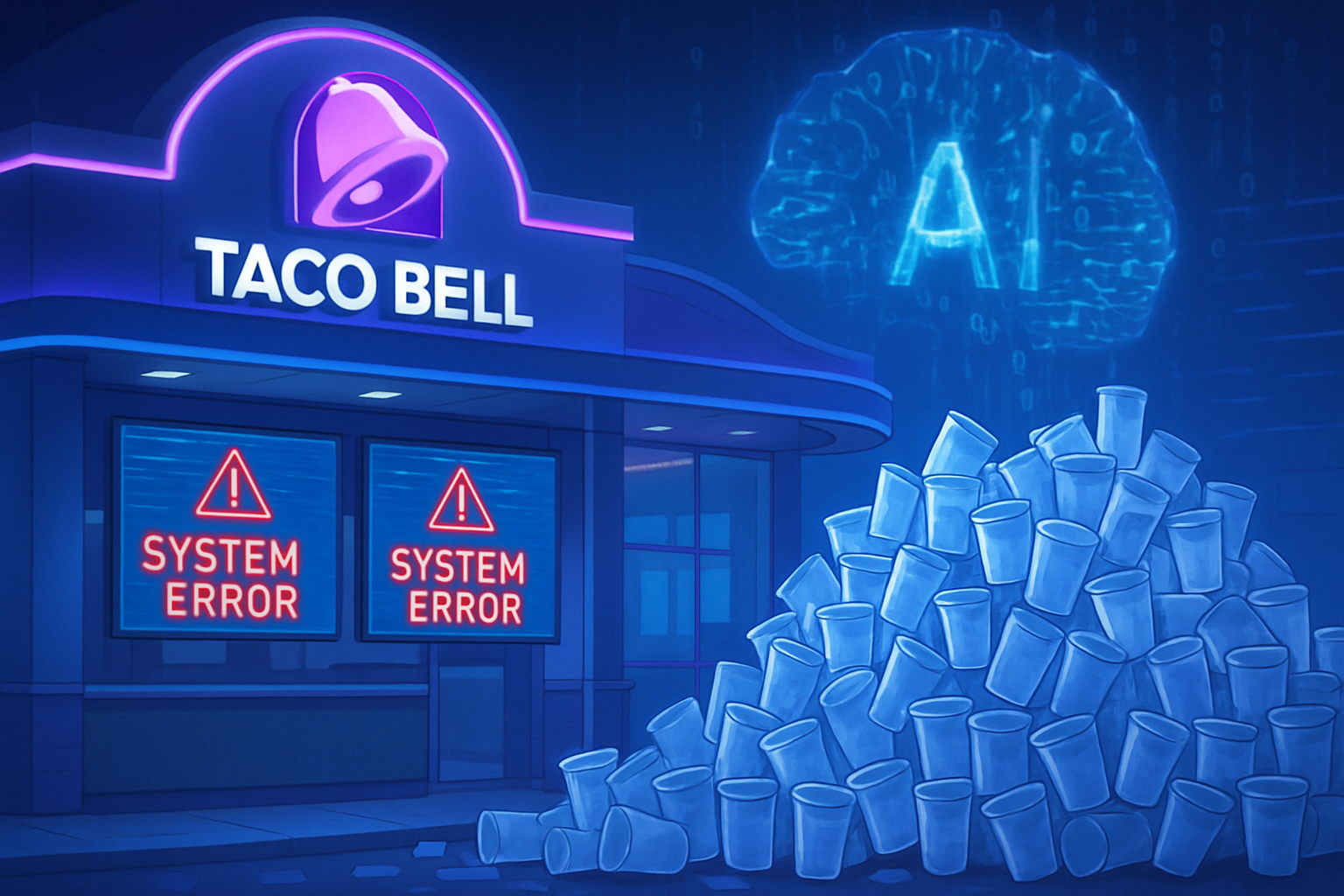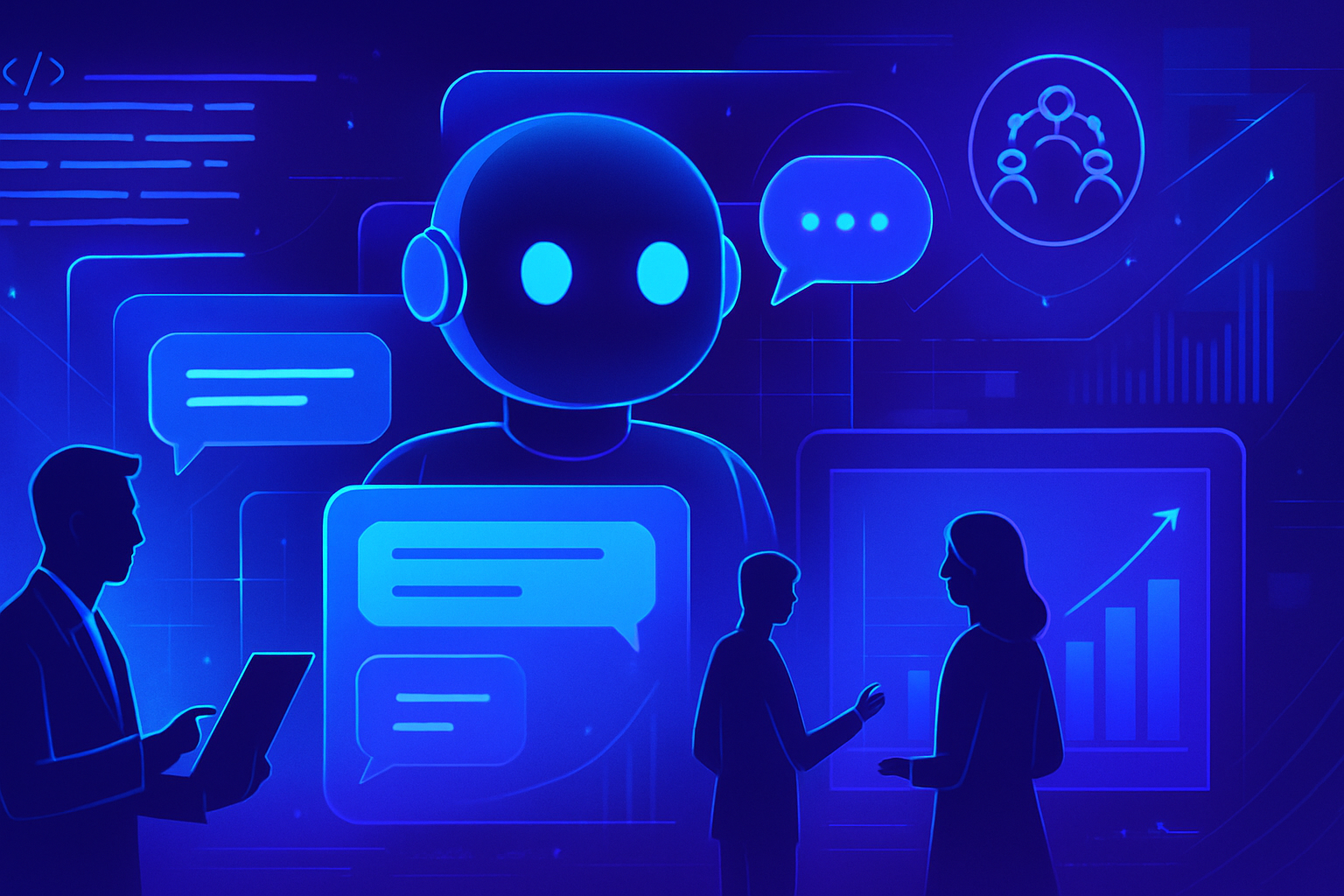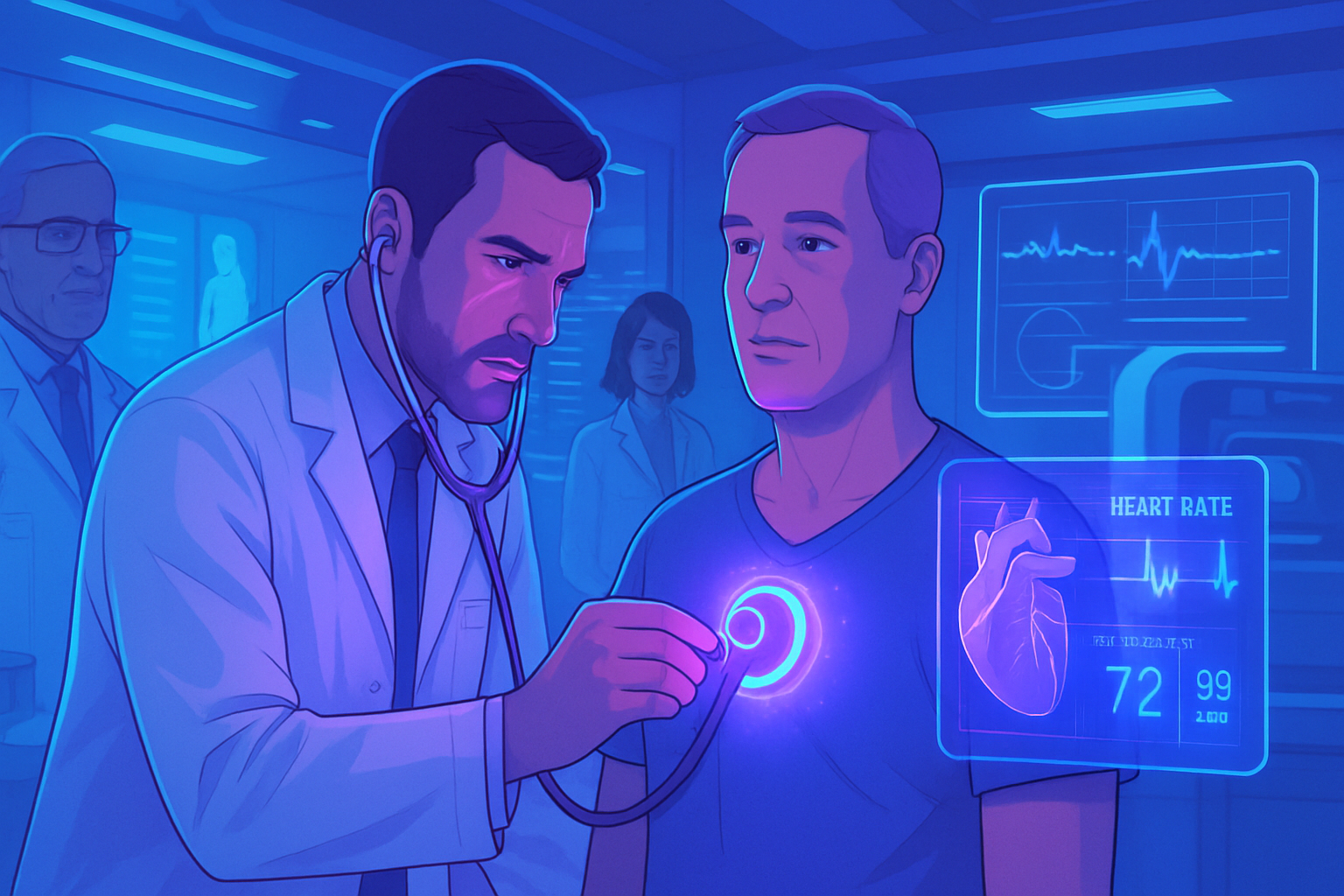The development of the new OpenAI Operator marks a significant revolution in the landscape of artificial intelligence. Designed to act autonomously, this artificial intelligence agent transcends the limitations of traditional tools. Automation of complex tasks and reduction of human intervention characterize this bold innovation that redefines user-machine interaction.
On the horizon of 2025, the Operator promises to transform our digital daily life, rendering simple voice assistants obsolete. Understanding its ethical and technological stakes remains essential to grasp the impact of this advancement on our society.
OpenAI and Its New Autonomous Agent
OpenAI, a pioneer in the field of artificial intelligence, recently announced the development of a new autonomous agent named “Operator”. Scheduled for launch in January 2025, this agent is designed to execute complex tasks on behalf of users. It represents a significant evolution from traditional virtual assistants, offering unprecedented automation and autonomy capabilities.
Innovative Features of the Operator
“Operator” offers features that allow it to independently manage tasks such as coding or organizing trips. This sophisticated system promises to be able to interact with the user’s operating system, facilitating interactions and reducing the time spent on daily tasks. For example, it could take care of hotel bookings or tracking software development projects.
Societal and Ethical Implications
The implementation of an agent capable of acting without human supervision raises important ethical and societal questions. The increasing autonomy of artificial intelligence systems questions the degree of control that users retain over their technology. At the same time, issues of accountability and security become paramount in the design and use of tools such as “Operator”.
Considerations on Automation
The rise of autonomous AI raises fears of job losses in certain sectors. However, this context of automation can also promote the creation of new professions requiring advanced skills. Companies must anticipate these changes and train their staff to adapt to emerging technologies.
State of Competition in the AI Sector
The introduction of the “Operator” agent comes amid intense competition among tech giants, particularly against companies like Google and Microsoft. OpenAI seeks to differentiate itself by offering innovative solutions that meet the growing demand for automation. This dynamic could reshape many aspects of standard professional practices.
Investments and Technological Advances
OpenAI continues to invest heavily in research through various initiatives, such as studying the impact of AI on morality, for which a million-dollar investment has been announced at Duke University. These efforts aim to ensure responsible and ethical development of technology. Such an approach should strengthen user trust in these new technologies.
Challenges to Overcome
Notable challenges remain, particularly the need for robustness and reliability of AI systems. OpenAI’s latest model has notably faced hurdles due to a lack of sufficient data for its training. This highlights the importance of a solid data foundation to ensure optimal performance and increased reliability in real-world applications.
Legal Actions and Public Reactions
Following OpenAI’s advancements and the impact of its ecosystem on the media, several Canadian media outlets have initiated lawsuits for copyright infringement. These actions could influence regulations surrounding the use of AI technologies and how companies manage their rights over content generated by their tools.
The Global Context of AI
The rise of projects like “Operator” is set against a global backdrop where innovations continue to emerge. France, for example, has launched initiatives such as ai-PULSE to respond to these challenges. This competition fuels research and development in the sector, ensuring that the AI landscape evolves rapidly.
Conclusion on the Direction Taken by OpenAI
OpenAI’s agent promises to transform our interaction with artificial intelligence. The success of “Operator” could mark a turning point in the automation of complex tasks. As ethical and societal questions persist, the development of autonomous AI solutions continues to increase interest and the demand for appropriate regulations.
Frequently Asked Questions about the New OpenAI Operator
What is the OpenAI Operator?
The Operator is an autonomous artificial intelligence agent developed by OpenAI, designed to execute complex tasks such as coding and travel management without requiring constant human supervision.
How does the OpenAI Operator work?
It uses advanced AI algorithms to analyze user needs and make informed decisions to accomplish tasks efficiently.
When will the OpenAI Operator be available?
OpenAI plans to launch the Operator in January 2025, initially offering a preview of its features.
What are the main features of the Operator?
The main features include supporting tasks such as coding, travel booking, and managing schedules, while minimizing human intervention.
What are the advantages of the OpenAI Operator over traditional voice assistants?
Unlike voice assistants, the Operator can take autonomous actions on a computer, thus providing much higher interactivity and efficiency in task management.
Will the Operator require prior user training?
No, the Operator is designed to be intuitive, allowing users to adopt it quickly without the need for extensive training.
What types of tasks could the Operator accomplish in a professional setting?
From a professional standpoint, the Operator can automate tasks such as data processing, project file creation, email management, and much more.
What are the ethical issues related to using the Operator?
The ethical issues include the need for oversight on AI decisions, protecting user privacy, and ensuring that its use does not lead to abuse or excessive reliance on technology.
How does OpenAI ensure the security of the Operator?
OpenAI will implement rigorous security protocols and red teaming methods to identify and address potential vulnerabilities before the Operator’s launch.
What will be the implications for everyday users of the Operator?
Everyday users will benefit from increased efficiency in completing their tasks, allowing them to focus on more strategic and fulfilling activities.
What impacts could the Operator have on the job market?
By automating certain tasks, the Operator could transform traditional jobs, redefining roles and requiring more advanced technical skills among workers.






